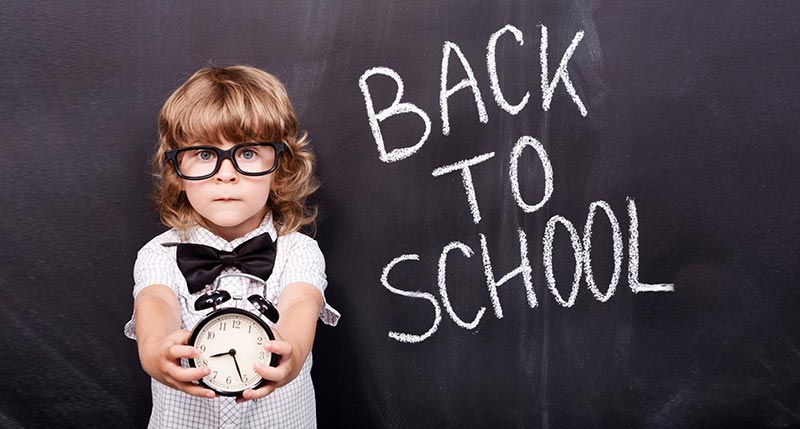Vision is one of the most precious of our five senses — its impact on our lives can’t be overstated. Up to 80% of the knowledge we learn and the information we perceive comes in through our eyes. That’s why protecting your vision—and the vision of your child—is so important to overall wellbeing.
Early childhood is a time when the entire body grows and changes rapidly. In addition to their muscles and bones, your child’s eyes are growing and developing rapidly in their pre-school years. Depending on how the eyes grow and develop, your child could experience a vision problem.
Early Diagnosis Is Key With Childhood Vision Problems
Catching a vision problem early is a game-changer. Young eyes are very adaptable and respond incredibly well to treatment. For example, if a child is diagnosed with amblyopia—lazy eye, a condition in which one eye is weaker than the other—when they are 4 or 5 years old, the child will typically respond quickly to treatment within a few weeks as the weaker eye grows stronger. However, if the condition isn’t properly diagnosed until the late teen years or early adulthood, they can suffer from lifelong vision problems and never fully recover good vision in the weaker eye.
Diagnosing and providing correction for a vision impairment at a young age gives your student the best possible opportunity to learn—in the classroom, on the playground, and on the sports field—at their optimal pace.
Kids Won’t Mention Their Vision Problem
One important note: Kids most likely won’t tell you if they are experiencing a vision issue. While there are many underlying reasons behind this (such as not wanting to wear glasses), the most significant reason may be that kids don’t know what good vision “looks like” if they don’t have it.
Without years of life experience, kids only know how their own vision “looks” to them. And their individual vision—no matter how impaired—becomes their idea of “normal” vision. So your kids probably don’t realize they are experiencing a vision problem.
And while pediatricians and school vision screenings attempt to catch visual impairments, they aren’t highly effective in doing so: School vision screenings miss up to 75% of visual problems that can impact your child’s ability to learn, according to the American Optometric Association.
That’s why scheduling a back-to-school eye exam with your optometrist is so critical to your student’s overall development and ability to learn. An optometrist will check your child for a variety of visual skills and abilities, in addition to reading the eye chart. After determining whether a patient may have nearsightedness, farsightedness, or astigmatism, a comprehensive eye exam checks visual acuity, field of vision, peripheral vision, depth and color perception, hand-eye coordination, eye teaming and eye tracking skills, and the ability to focus the eyes. These are all visual skills your student needs to excel in school—and in life.
When to Schedule Your Child’s Eye Exams
So, when should your child have an eye exam? According to the American Optometric Association:
- Age 6 to 12 months: Infants should have a baseline comprehensive eye exam between ages 6 and 12 months. This is a time period when eyes are most vulnerable to developmental challenges.
- Age 3 to 5 years: Preschoolers should have at least one (but preferably two or more) in-person, comprehensive eye exams to diagnose any challenges or conditions that may have a long-term impact on their vision development.
- Age 6 to 18 years: School-aged children need a comprehensive exam before they enter first grade and then each year thereafter. As your child grows, their eyes grow and change. It’s critical to see your optometrist yearly to catch any small changes that could progress into significant challenges if left untreated.
Call us today to schedule your students’ back-to-school eye exams to ensure that your kids are seeing their best, have excellent eye teaming skills, and are in top form to learn their best this school year!

